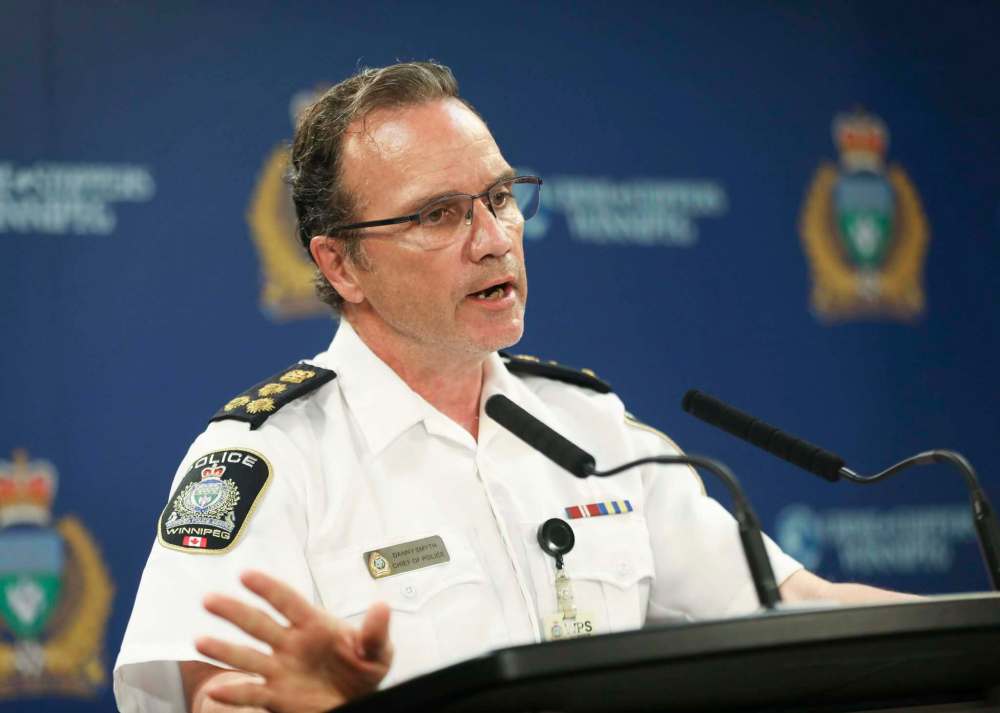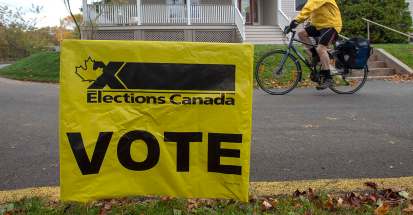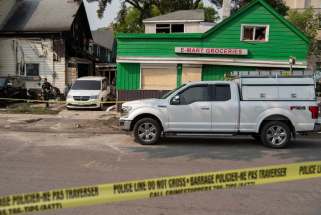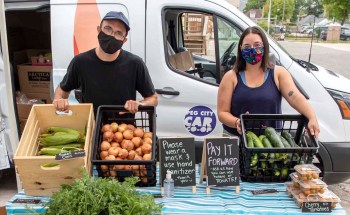Police workload should focus on policing
Read this article for free:
or
Already have an account? Log in here »
To continue reading, please subscribe:
Monthly Digital Subscription
$0 for the first 4 weeks*
- Enjoy unlimited reading on winnipegfreepress.com
- Read the E-Edition, our digital replica newspaper
- Access News Break, our award-winning app
- Play interactive puzzles
*No charge for 4 weeks then price increases to the regular rate of $19.00 plus GST every four weeks. Offer available to new and qualified returning subscribers only. Cancel any time.
Monthly Digital Subscription
$4.75/week*
- Enjoy unlimited reading on winnipegfreepress.com
- Read the E-Edition, our digital replica newspaper
- Access News Break, our award-winning app
- Play interactive puzzles
*Billed as $19 plus GST every four weeks. Cancel any time.
To continue reading, please subscribe:
Add Free Press access to your Brandon Sun subscription for only an additional
$1 for the first 4 weeks*
*Your next subscription payment will increase by $1.00 and you will be charged $16.99 plus GST for four weeks. After four weeks, your payment will increase to $23.99 plus GST every four weeks.
Read unlimited articles for free today:
or
Already have an account? Log in here »
Hey there, time traveller!
This article was published 24/08/2021 (1569 days ago), so information in it may no longer be current.
The bottom-line argument that Winnipeg spends too much on policing gains perspective with an examination of the caseload of the Winnipeg Police Service. Its most common calls for help don’t involve criminals or violent offences that are the legitimate uses of armed officers trained to resolve dangerous situations.
Rather, according to the latest statistics, the most frequent calls to police are classified as well-being checks. Winnipeg police attend to such calls an average of 52 times a day. In many cases, the person who needs help is dealing with issues of addiction, homelessness or mental illness.
Even police don’t believe police are the best people to respond to such needs. There’s a growing consensus that most well-being checks can be better handled by non-police workers with the specialized training and soft skills to help people on the margins, some of whom distrust anyone in a police uniform.

Winnipeg doesn’t have agencies other than police to handle such calls, according to WPS Chief Danny Smyth. “Alternative service delivery really doesn’t exist in any meaningful way — at least not in our community right now,” he said in response to a Free Press analysis that found funding for emergency services in Winnipeg has grown at an unsustainable rate for the past two decades.
The analysis found the labour costs of the WPS and the Winnipeg Fire Paramedic Service have far exceeded the rate of inflation, due to consistently generous compensation hikes secured by the public-sector unions that represent them.
The police union has occasionally warned the public that increased funding is essential to control violence and maintain order; however, the union has never publicly mentioned the No. 1 task for police officers, whose annual salaries average $122,000, are calls such as well-being checks that could be handled more effectively and economically by social workers, counsellors and street workers with cultural credibility.
Other cities are far ahead of Winnipeg in curtailing expenses by expanding the use of non-police resources. A popular model called CAHOOTS (Crisis Assistance Helping Out On The Streets) was pioneered in Eugene, Ore., in 1989. It has been replicated in cities including Denver, Colo., and is being examined by hundreds of U.S. cities in the wake of calls to defund police after the killing of George Floyd by a Minneapolis police officer in 2020.
Calls to 911 are directed to CAHOOTS when they are related to social issues that don’t pose a danger to others. Trained responders, who are paid about US$18 an hour, are dispatched immediately, minimize the crisis, and often arrange to get the victim to a shelter or hospital.
Winnipeg efforts to explore alternatives to police have included using police cadets and the Downtown Community Safety Partnership, which was established in April 2020 and funded by the province, the city, the Downtown Winnipeg Business Improvement Zone and True North Sports and Entertainment Ltd. Three teams patrol downtown on foot 24/7 and connect individuals to other supports, including housing and addictions treatment. They have conducted more than 2,000 well-being checks and assisted in more than 100 medical calls.
Regrettably, funding for this commendable pilot project runs out in eight months; at a July 26 press conference, Justice Minister Cameron Friesen wouldn’t commit to further provincial funding, saying he hopes the federal government will step up.
It would be severly shortsighted to let the Safety Partnership project lapse. Stable funding will let the group prove that when it comes to non-violent incidents, the most appropriate responders are not necessarily wearing police badges.








